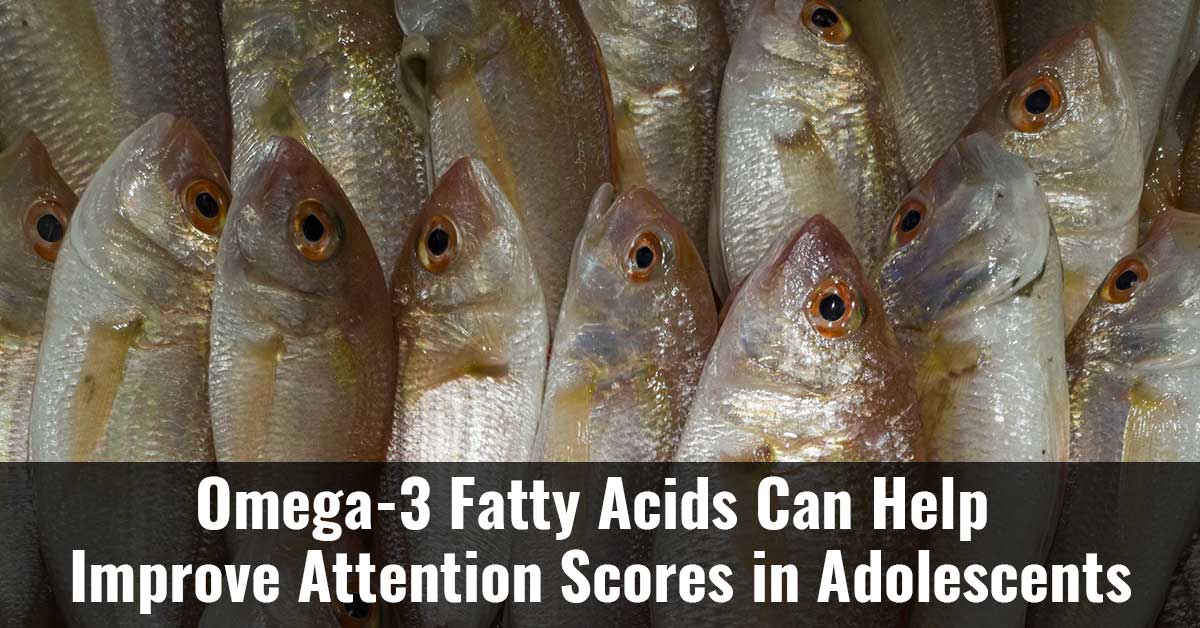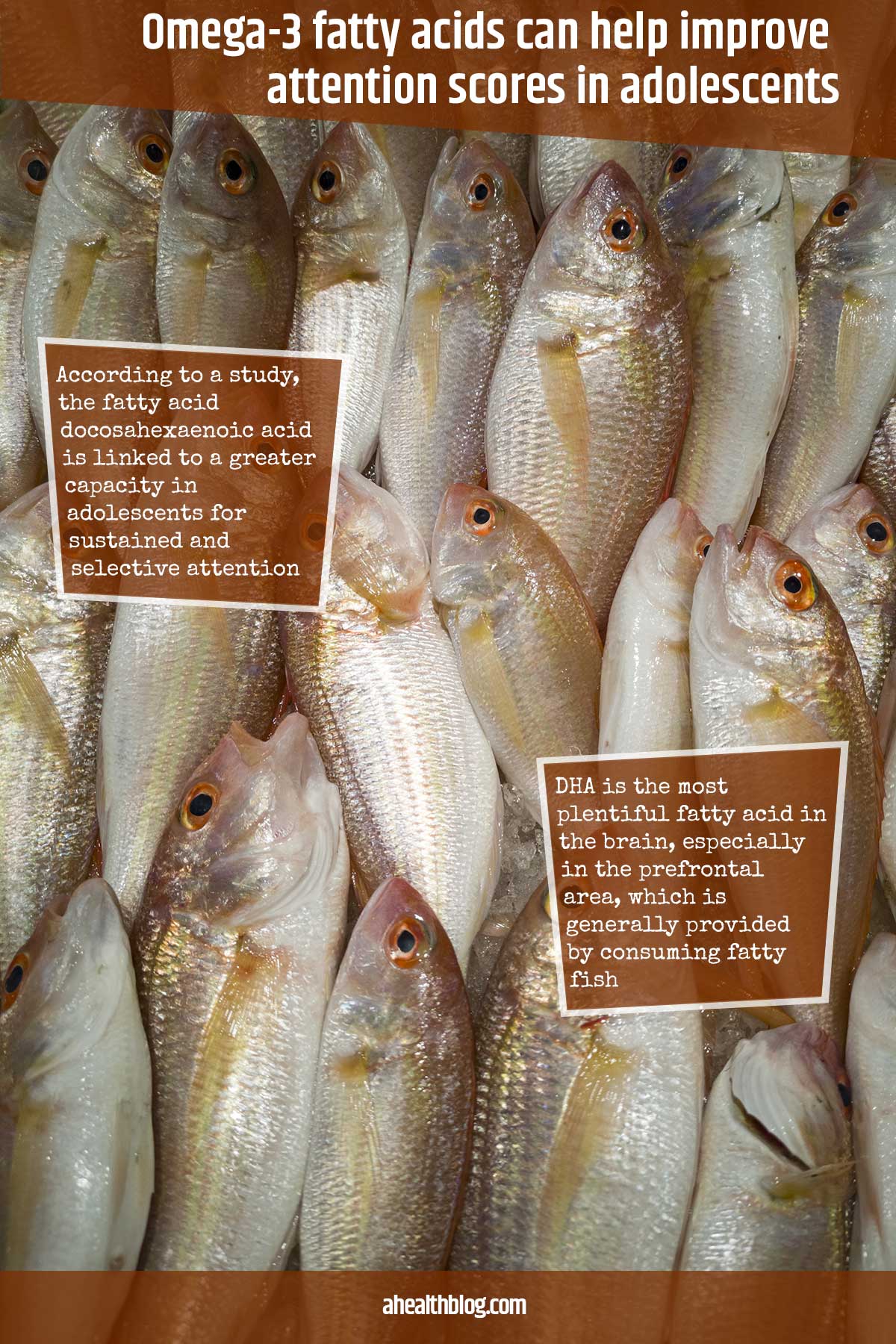According to a study, the fatty acid docosahexaenoic acid is linked to a greater capacity in adolescents for sustained and selective attention, and the plant-derived fatty acid alpha-linolenic acid is linked to lower impulsivity.1✅ JOURNAL REFERENCE
DOI: 10.1007/s00787-022-02064-w
The study, carried out in healthy adolescents, analyzed levels of DHA and also analyzed levels of alpha-linolenic acid, an unsaturated fat of plant origin.
The results confirm how important it is to have a diet that delivers adequate quantities of these polyunsaturated fatty acids for healthy development of the brain.
Important functional and structural changes take place in the brain throughout adolescence, particularly in the prefrontal brain area that plays a significant part in attention control. Omega-3 unsaturated fatty acids on the other hand are known to be crucial for proper function and development of the brain.
DHA is the most plentiful fatty acid in the brain, especially in the prefrontal area, which is generally provided by consuming fatty fish.
In spite of the proven importance of DHA in the development of the brain, little research has looked at if it plays a part in healthy adolescent attention performance.
The potential role of ALA also hasn’t been as thoroughly studied, which is relevant, due to the low consumption of fish in Western society.
The study’s goal was to determine if higher ALA and DHA consumption was linked to improved performance in attention in adolescents.
The reaction times of the adolescents were measured using computerized tests to determine inhibition capacity when confronted with distracting stimuli, sustained and selective attention capacity, and impulsivity. The participants also responded to several dietary habit questions and provided blood samples for measuring ALA and DHA levels in red blood cells, a valid and objective indicator of long-term dietary consumption of these fatty acids.
The results revealed that higher DHA levels are linked to greater sustained and selective attention and inhibitory attention. On the other hand, ALA wasn’t linked to attention performance but was linked to lower impulsivity.
ALA’s role in controlling attention is still not clear, but these results could be clinically significant, as impulsivity is a characteristic of various psychiatric conditions, which includes ADHD.




